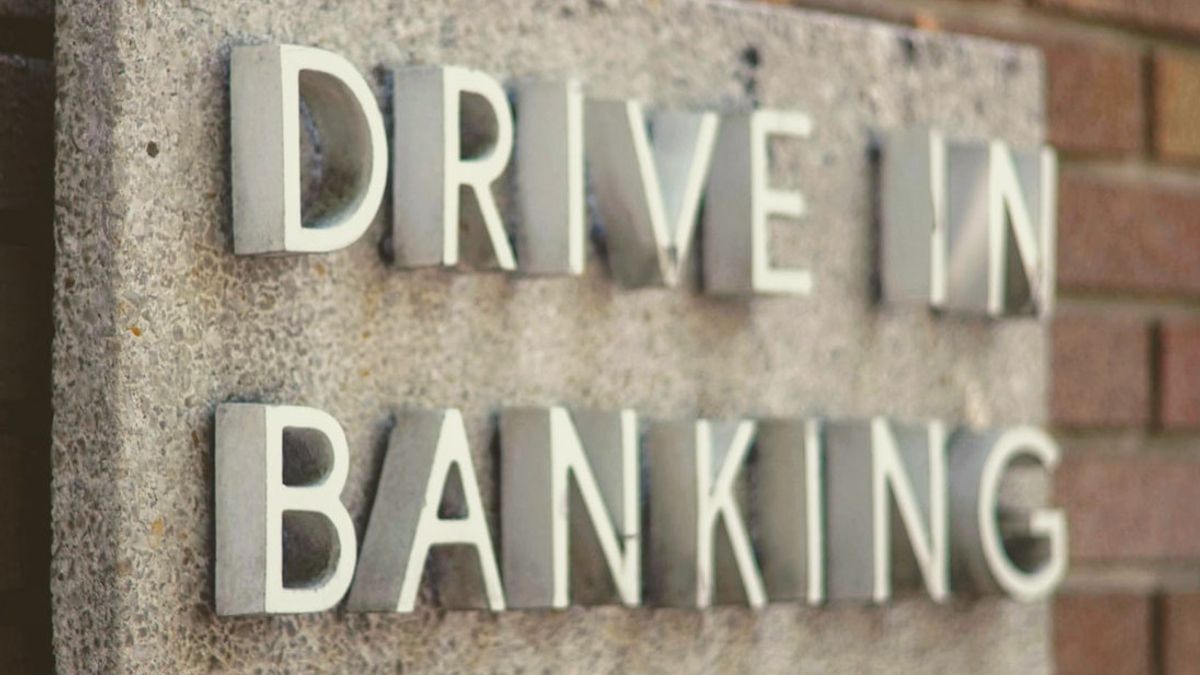JAKARTA - The country's banking industry is in the spotlight amid the current COVID-19 pandemic. Many people think that the impact of the COVID-19 pandemic that is currently occurring is very large on the economy, as the entire domestic business sector has been hit, including MSMEs.
As a result, fears of a spike in bad credit have arisen and it could disrupt banking performance. Based on data from the Infobank research bureau, bank credit risk up to April 2020 increased to 2.89 percent on a gross, and on the other hand, the loan to deposit ratio (LDR) decreased to 91.55 percent.
"Facing credit quality pressures, banks will undertake internal strengthening to maintain credit quality and accelerate the settlement of non-performing loans," said Rivan A. Purwantono, President Director of Bank Bukopin in an Infobanktalknews discussion with the theme "The Owner's Role in Supporting Bank Performance", in Jakarta, Thursday, July 9.
The Financial Services Authority (OJK) itself noted that up to May 18, 2020, as many as 95 banks had implemented credit restructuring for 4.9 million debtors with an outstanding value of IDR458.8 trillion.
Seeing this, of course, banks need a large additional capital in order to maintain their liquidity position, amidst the current pandemic conditions. It does not matter, if the foreign ownership of shares in a bank must increase, as long as the bank's performance can be lifted and returned to speed with a deposit of capital.
"Deposit of capital for banks is a must. We must respect bank owners who are diligent in paying up capital, in addition to strengthening the bank, but at the same time showing their commitment to growing the bank, because the bank is a long-term, capital-intensive business," said Chairman of the Infobank Institute, Eko B Supriyanto.
Just so you know, foreign banks themselves have existed since before Indonesia's independence or to be precise since 1746 namely, De Bank Van Leening. To date, a total of 42 commercial banks in Indonesia are in foreign ownership status.
Of this amount, banks in foreign ownership with assets of more than Rp 100 trillion include Bank Danamon, CIMB Niaga, Maybank Indonesia, OCBC NISP, UOB Indonesia, Permatabank, and MUFG Bank.
"The portion of ownership is not a problem, the important thing is that it contributes to the Indonesian economy, carries out an intermediary function so that the business world can run, so as to create jobs and ultimately increase taxes," said Eko.
He revealed that 97 percent of bank acquisitions were made by foreign investors, and the rest were local. According to Eko, this is not a problem, because investment in banks is always long-term, compared to investment in the capital market in the form of hot money, which is easy to fly.
"Just look at the state-owned banks that go public, many of their shares are owned by foreigners and the dividends paid also fly. Dividends that can be distributed abroad must be regulated. That's what's important, don't discuss foreign or non-foreigners, it's tired. changed, "said Eko.
OJK's Executive Director of Banking Research and Regulation, Anung Herlianto, also revealed that the role and commitment of national banking capital ownership is urgently needed to maintain the sustainability or sustainability of bank performance amid the pressure of the COVID-19 pandemic.
According to him, in the midst of the current conditions, the owner of the capital must always be committed to maintaining the health of the bank, regardless of whether it is foreign or domestic.
The English, Chinese, Japanese, Arabic, and French versions are automatically generated by the AI. So there may still be inaccuracies in translating, please always see Indonesian as our main language. (system supported by DigitalSiber.id)













